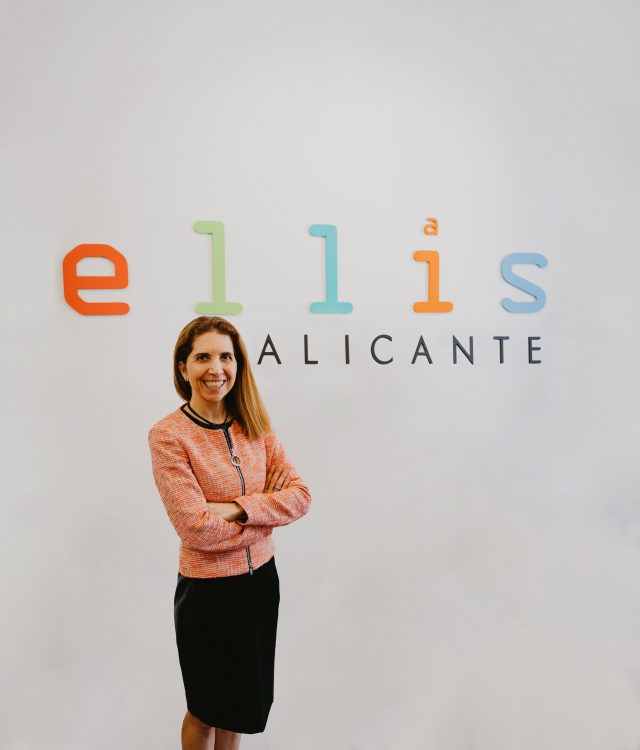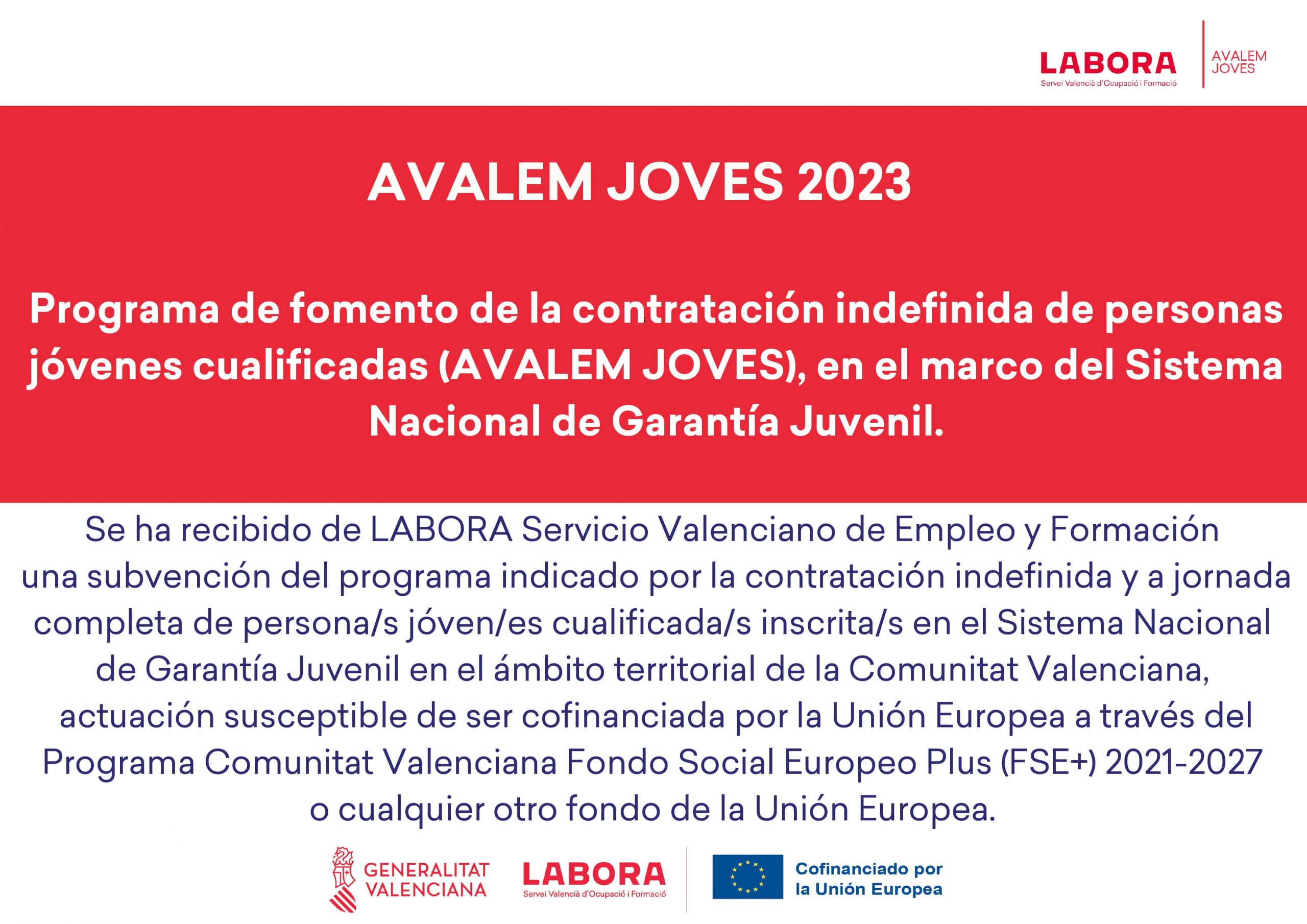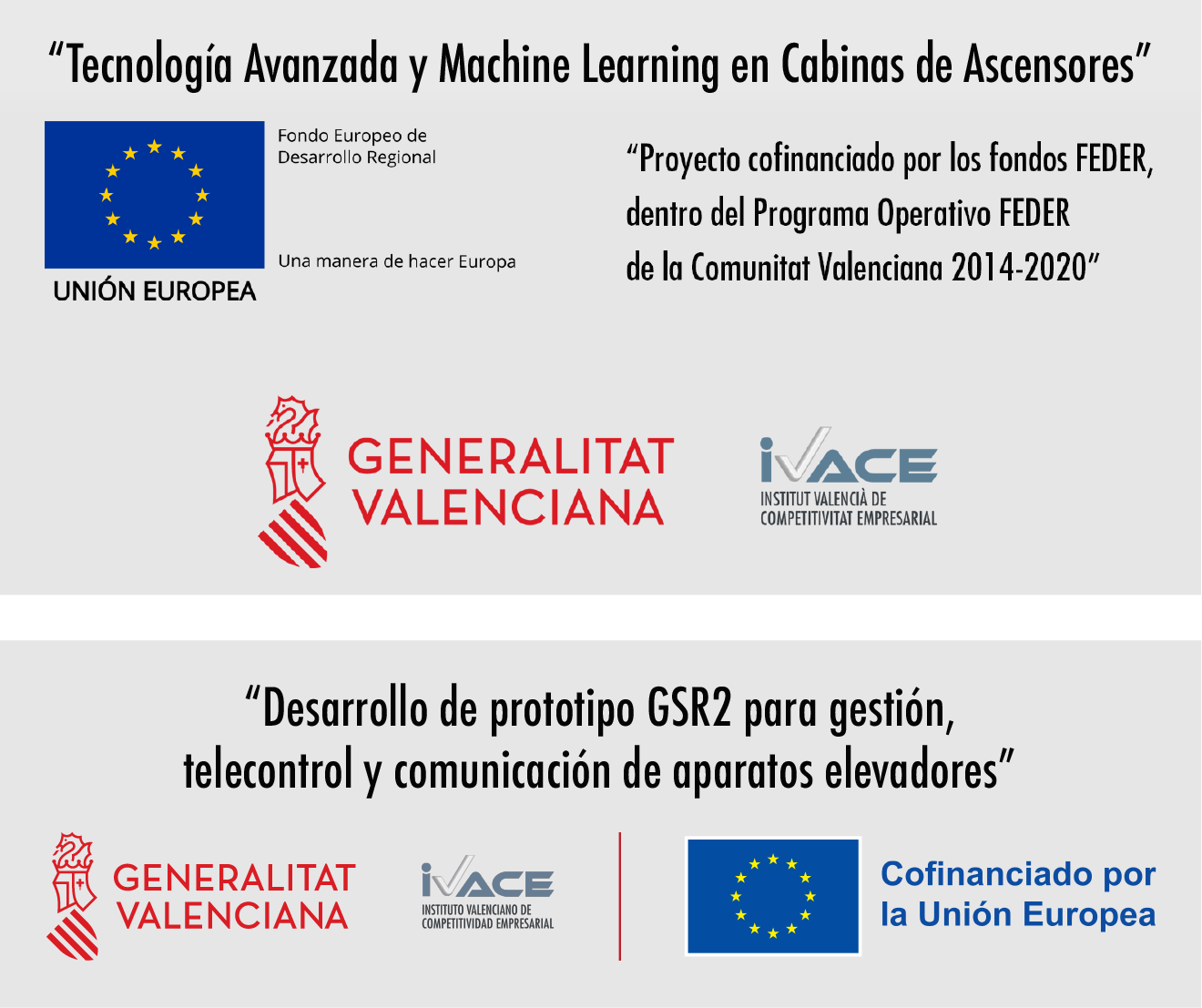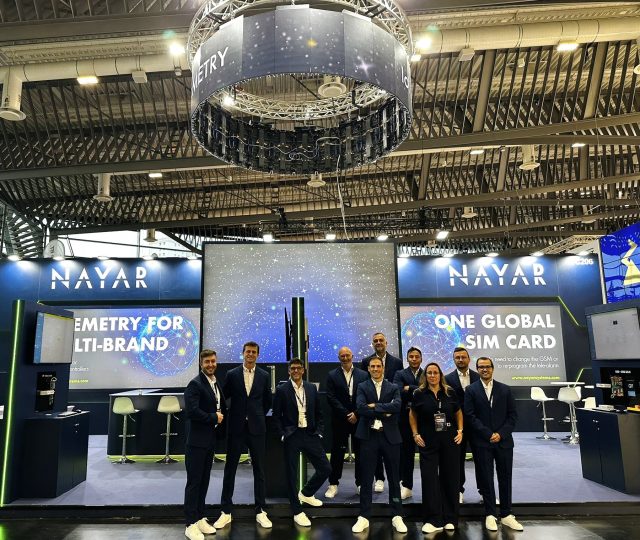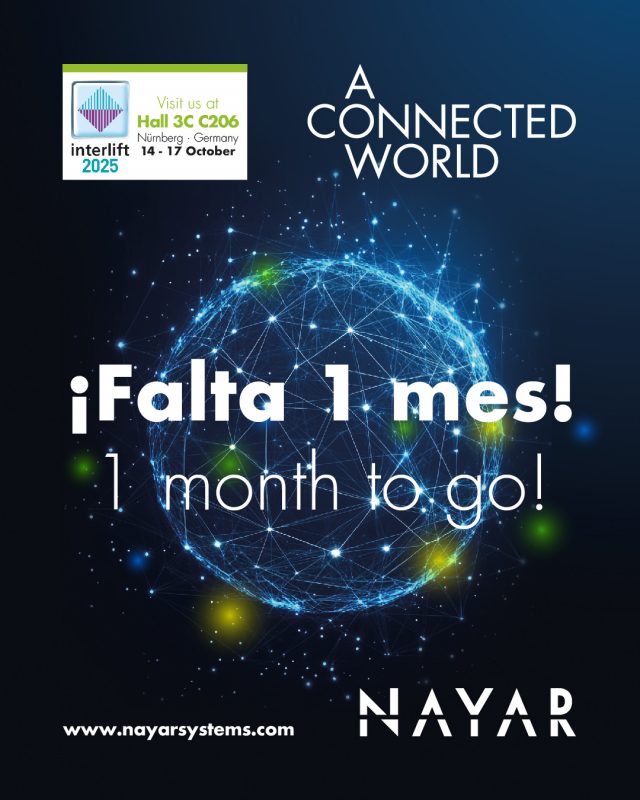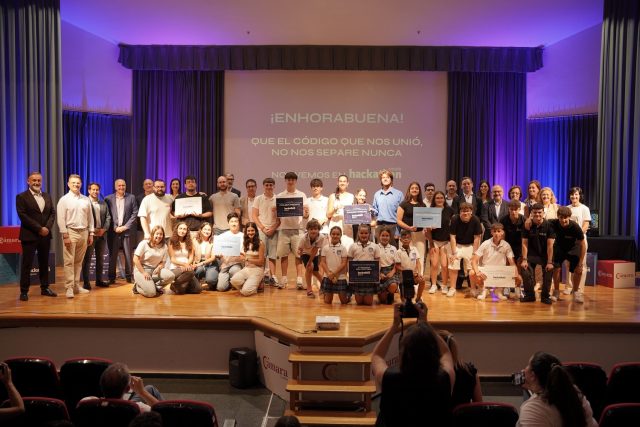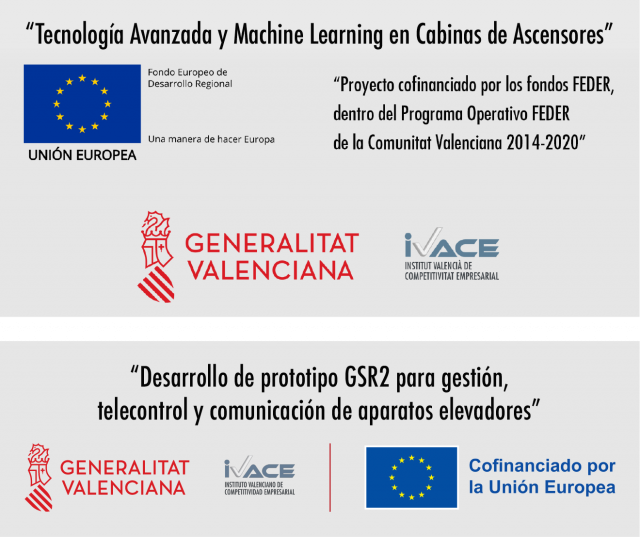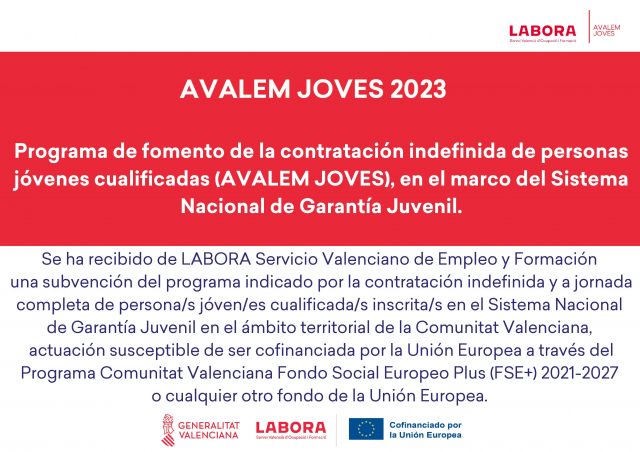Nuria Oliver holds a PhD in Artificial Intelligence from the Massachusetts Institute of Technology (MIT). She is co-founder and Director of the ELLIS Alicante Foundation, known as the “Institute for Human-Centered Artificial Intelligence”. Chief Data Scientist at Data-Pop Alliance, Chief Scientific Advisor for Vodafone Institute and co-founder and vice-president of ELLIS (European Laboratory for Learning and Intelligent Systems). Between March 2020 and April 2022 she was Commissioner for the Presidency of the Generalitat Valenciana in Artificial Intelligence and Data Science in the fight against COVID-19.
ELLIS ALICANTE FOUNDATION BLOCK
- How and why was ELLIS Foundation Alicante born?
ELLIS (The European Laboratory for Learning and Intelligent Systems, https://ellis.eu) is a non-profit association based in Germany, created by the European Artificial Intelligence scientific community, with a committed focus on scientific excellence, innovation, and the positive social impact of Artificial Intelligence (hereafter AI). ELLIS’ mission is to contribute to European technological sovereignty in Artificial Intelligence and to make Europe competitive in this strategic area vis-à-vis North America and Asia. As such, ELLIS’ priority is to invest in excellent research talent, creating an environment that is sufficiently attractive to bring, retain and nurture the next generation of excellent researchers in modern Artificial Intelligence.
ELLIS’s strategy aims at accelerating Europe’s AI position regarding its natural competitors on a global scale, and therefore rests on four pillars necessary to reinforce technological excellence and sovereignty in a research field that has so much competitive value in the short, medium and especially the long term:
Pillar I: attract, inspire, nurture and connect Europe’s best doctoral students through a pan-European doctoral program.
Pillar II: connecting the best European researchers through an ELLIS Fellows and Scholars program dedicated to diverse topics, from basic research in theory and algorithms, to AI applications in health and climate sciences and humanistic aspects of AI.
Pillar III: to create a network of ELLIS Units located in prestigious European institutions, or a unit created from scratch, to carry out research of excellence in modern AI in Europe, as primary support for the creation, in the medium term, of ELLIS Institutes, with a more ambitious budget. An ELLIS unit is an excellent research group that commits to be ambassadors of ELLIS and to fulfill the vision, mission and conditions defined by ELLIS (https://ellis.eu/units).
Pillar IV: establish collaborations with entities outside the academic environment, such as companies, European institutions, foundations, venture capital funds and start-ups.
After four competitive selection processes, ELLIS has selected 35 ELLIS units in 14 European countries and Israel. These ELLIS units include some of the best research groups in modern Artificial Intelligence, not only on an European level but worldwide, such as units in Oxford, Cambridge, ETH Zurich, several Max Planck institutes or the Technion in Israel. One of these 35 units is the ELLIS unit in Alicante, which was approved by ELLIS Europe in December 2019. The proposal for the creation of the Alicante ELLIS unit was made possible thanks to the commitment of the Generalitat Valenciana to provide the necessary funding, required by ELLIS Europe.
In order to meet the conditions defined by ELLIS with the aim of creating a globally competitive research environment, ELLIS Alicante was established in May 2020 as a private non-profit foundation, thanks to the non-refundable donations of 35 individuals and one legal entity.
The ELLIS Alicante Unit works in three broad areas of basic research in Modern Artificial Intelligence focused on people:
- AI to understand us, through the modeling of human behavior (both at the individual and aggregate level),
- AI with which we interact, through the development of interactive intelligent systems; and
- AI we trust, by addressing the ethical challenges and limitations of AI systems used for decision making.
Therefore, the nickname of the ELLIS Alicante unit is “Institute for Human-Centered Artificial Intelligence”. ELLIS Alicante aims to perform high level research in Artificial Intelligence by and for people. It is the only Artificial Intelligence research Foundation in our country, and one of the few in the world, with this clear focus on working for artificial intelligence to have a positive social impact.
- ELLIS Alicante Foundation has created a first-class research team on the ethical research of Artificial Intelligence focused on the relationship between people and intelligent systems. In your own words, Nuria, you said that “any powerful technology such as Artificial Intelligence can be used to improve or destroy the world”. So, how are you improving the world at ELLIS Foundation Alicante?
Until early 2022, the main focus of ELLIS Alicante has been to contribute to fight the pandemic through research in Artificial Intelligence. From March 2020 to April 2022, I led a multi-disciplinary team of researchers from different universities and research centers in the Valencian Community, working in four main areas: (1) aggregate human mobility modeling, (2) computational epidemiological models, (3) predictive models of hospital occupancy, ICUs and disease prevalence and (4) a large citizen survey, called COVID19impactsurvey which, with more than 720,000 responses is one of the largest in the world. In addition to having a regional impact through our collaboration with the Presidency of the Generalitat Valenciana, we have had a global impact. Our Artificial Intelligence models for predicting the number of COVID19 cases and for recommending measures were the global winners of the XPRIZE Pandemic Response Challenge, as well as winners of the award for best scientific paper in applied data science at ECML-PKDD 2021. WIRED magazine described our team’s work in detail in an article published in September 2021 highlighting the pioneering nature of this initiative: https://www.wired.co.uk/article/valencia-ai-covid-data
Since the beginning of 2022, we have been working on additional projects aimed at inventing AI systems that do not discriminate, that preserve people’s privacy and that are interpretable. We are also studying the social impact of AI algorithms that permeate social networks, including the impact of these algorithms on art censorship or the impact of popular beautification filters. We are also studying how Artificial Intelligence can help us mitigate the cognitive biases we humans have that impact our decision making.
- Keeping people’s well-being is one of your premises, as you carry out research to understand the scope and impact of Artificial Intelligence on people’s lives. Do you think society feels empowered enough to decide their own future regarding AI solutions?
No, I don’t think society right now feels empowered, unfortunately. A key factor for such empowerment is knowledge. It is difficult, if not impossible, to have an informed opinion on unknown topics. That is why it is so important to popularize science and technology and to invest in the training of all people in technological matters. An ignorant or uninformed society is a society that is very vulnerable and susceptible to manipulation.
- ELLIS Foundation Alicante is a particularly attractive environment for researchers. Which measures have you implemented to attract and retain talent? Is it easy for you to find talent? What do you consider to be the key to recruiting and retaining the best talent?
Expert research talent in Artificial Intelligence is extremely scarce and in high demand, particularly by technology companies, which offer extraordinary working conditions. In addition, ELLIS Europe defines very demanding criteria for scientific excellence as the focus of ELLIS Europe is exceptional talent. Therefore, the biggest challenge for ELLIS Alicante is to create a working environment that is competitive enough to attract this talent. This includes being able to offer internationally competitive salaries, and to define a very agile, non-bureaucratic work culture, with financial stability to be able to carry out medium-long term projects, with intellectual freedom, without teaching load, doing fundamental research with purpose, in a collaborative and international environment.
NURIA OLIVER BLOCK
- Scientific Director and co-founder of ELLIS Alicante Foundation, Chief Data Scientist of Data-Pop Alliance, Chief Scientific Advisor of Vodafone Institute and a long etcetera. How can you deal with so much at the same time?
With a lot of organization, work capacity and passion, as well as the support of many people, both professional and personal collaborators, my friends, family and especially my husband.
- The awards and recognitions you gained throughout your professional career are numerous, being the first Spanish woman to win the prestigious Technical Leadership Abie award in 2021, that recognizes the technological contributions of women with a positive impact on the business world or society. The same year you have won the “Rey Jaume I” award in the category of New Technologies; in 2020 you received the “Women to follow in technology” award and in 2019 the “Data Scientist of the Year in Europe” award; you became “Female Engineer of the Year” in 2018 (….); and you are the academic director of the “Women and Engineering” initiative of the Royal Academy of Engineering of Spain, which you joined in 2019. How do you think female leadership in the technology sector should be promoted?
The technology sector suffers from an alarming lack of demographic diversity, including a lack of gender diversity. It is estimated that only 10%-15% of the world’s experts in Artificial Intelligence are female. This lack of diversity has an immense impact both economically (estimated at billions of euros per year in the European Union) and socially, as diversity in teams helps to generate more innovative and inclusive solutions. It is therefore an absolute priority to promote female leadership in the technology sector. Some actions that can help achieve this goal include the creation of mentoring networks, the requirement of diversity in the selection and promotion processes, campaigns to give visibility to women working in the technology sector, as well as to break down erroneous stereotypes about who works in technology. Actions such as these are part of the “Women and Engineering” project of the Royal Academy of Engineering, of which I am the academic director.
- How does it feel to be one of the most cited women researchers in Spain both in scientific articles and in top-level international conferences and journals? How do you get there?
Research is a highly vocational profession, since you work all day long, thinking very intensely about new ideas, solutions to existing problems, reading or writing scientific articles, participating in conferences, etc… In many cases, including mine, researchers combine our passion with our profession.
I feel very grateful for the fact that my publications have been well received by the scientific community and have managed to have an impact in the world. The driving force of my work is always to contribute my efforts to improve the world through AI scientific research.
- You have indicated on numerous occasions that one of your areas of expertise is modeling human behavior computationally, using Artificial Intelligence techniques. What is the field that most excites you when it comes to improving people’s lives thanks to AI?
Artificial Intelligence has immense potential to help us address the great challenges of the 21st century, including climate change, the energy crisis, population aging or pandemics. This potential of AI to have positive social impact is the major motivation for my work. In addition to working in these areas of positive social impact, I am also very interested in researching the impact of AI on people, both individually and collectively, at the societal level.
BLOCKS ARTIFICIAL INTELLIGENCE AND TECHNOLOGICAL TALENT
- What is the biggest misconception about Artificial Intelligence?
Probably two ideas: firstly, that Artificial Intelligence is about robots and, secondly, that Artificial Intelligence is a concept of the future. It is important to highlight that we already interact with Artificial Intelligence systems in our everyday life, since AI algorithms allow us to find information on the internet; talk to our mobile, smart speaker or our car; recommend books, movies or news to friends; detect faces when we take pictures with our mobile, and so on… to give some examples of current life. A couple of years ago I wrote a booklet about Artificial Intelligence, called “Artificial Intelligence, naturally” published by the Ministry of Economy and Digital Society, which could be of interest.
- Will there be a time when human intelligence will become subservient to Artificial Intelligence?
I think it is important to note that the impact of AI on our lives today – not in the future, but right now – is already immense, and it is an AI considered either inferior or close to human AI. It is therefore vital to understand the impact that AI is already having on our society and our lives. We must also ensure that the AI systems that permeate the apps and digital services we use in our daily lives are aimed at our well-being, and respect basic ethical principles.
- Are there enough professionals with the necessary training to work in the field of Artificial Intelligence? What professional profile should the person who is dedicated to researching and converting data into knowledge have?
No, there are not enough expert AI researchers. Therefore, it is very important to inspire the next generation to consider studying a technological career. The most common profile to become an AI researcher is to have a PhD in Artificial Intelligence, which is a discipline within Computer Science.
- How can we prepare ourselves as a society for the transformation brought about by Artificial Intelligence techniques? There are professions that are going to be transformed, others that are not yet developed… How can we reinvent ourselves professionally in the face of this paradigm? How will the rise of AI affect the labor market in terms of jobs?
We already are in the Fourth Industrial Revolution which, similar to other industrial revolutions, is profoundly transforming society. This transformation includes important changes in the productive fabric and the labor market. Different institutions around the world anticipate displacements of millions of jobs due to this IV Industrial Revolution and also predict a net creation of thousands of jobs that will be, to a large extent, technological in nature. Therefore, it is vitally important to have a mindset of constant learning in life and lifelong studying, as we will probably have to evolve or change our jobs several times throughout our lives.
- In addition to the development of technical knowledge, it is also essential to invest in the development of soft skills such as emotional intelligence, communication and public speaking, teamwork, critical thinking… How important is the development of these skills to succeed in a technological world characterized by constant change?
Indeed, cultivating the skills of our social and emotional intelligences, our creativity and critical thinking takes on great importance, as these skills give us the resilience, adaptability, ability to manage uncertainty and collaboration needed in 21st century society.
- How do you think a company should approach the recruitment of new technological talent?
Ambitiously and creatively. Technological talent is scarce and in high demand. As a result, talented people in this area are very demanding in terms of their working conditions and the professional growth opportunities that companies can offer. At the same time, the greatest asset that any company has – and by extension society – is its talent. Therefore, it should be a priority to develop specific actions to attract and retain technological talent, as well as to train existing company personnel to acquire technological knowledge.
